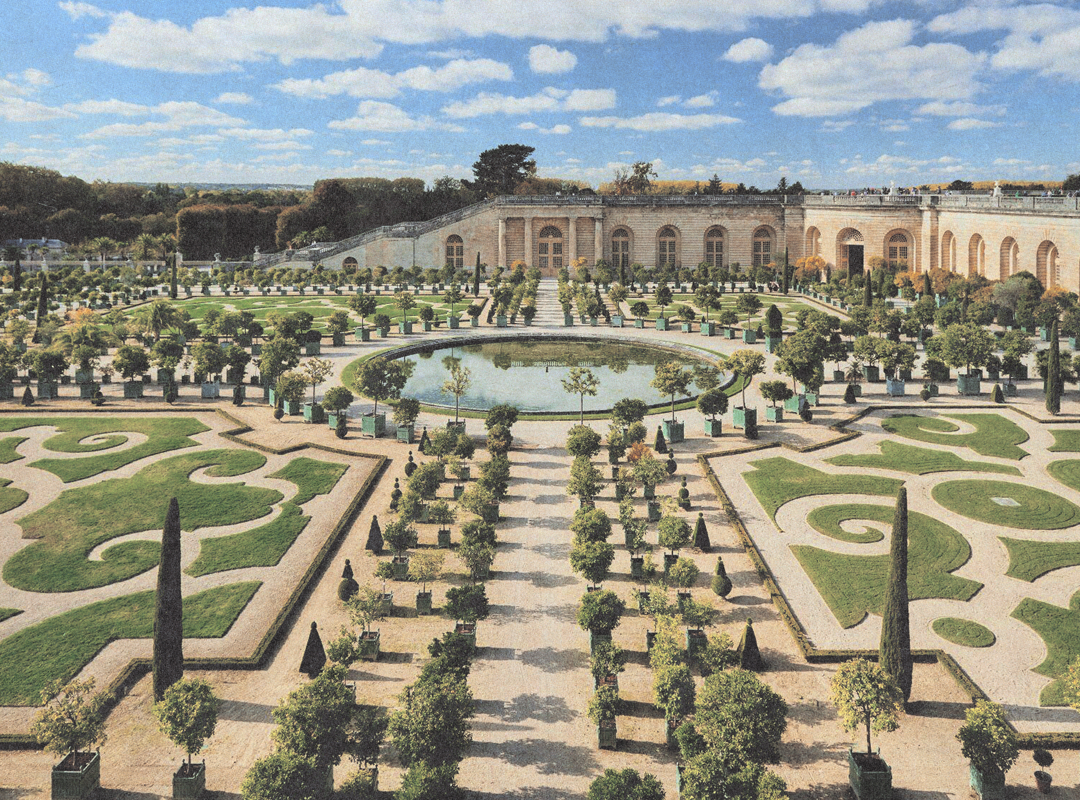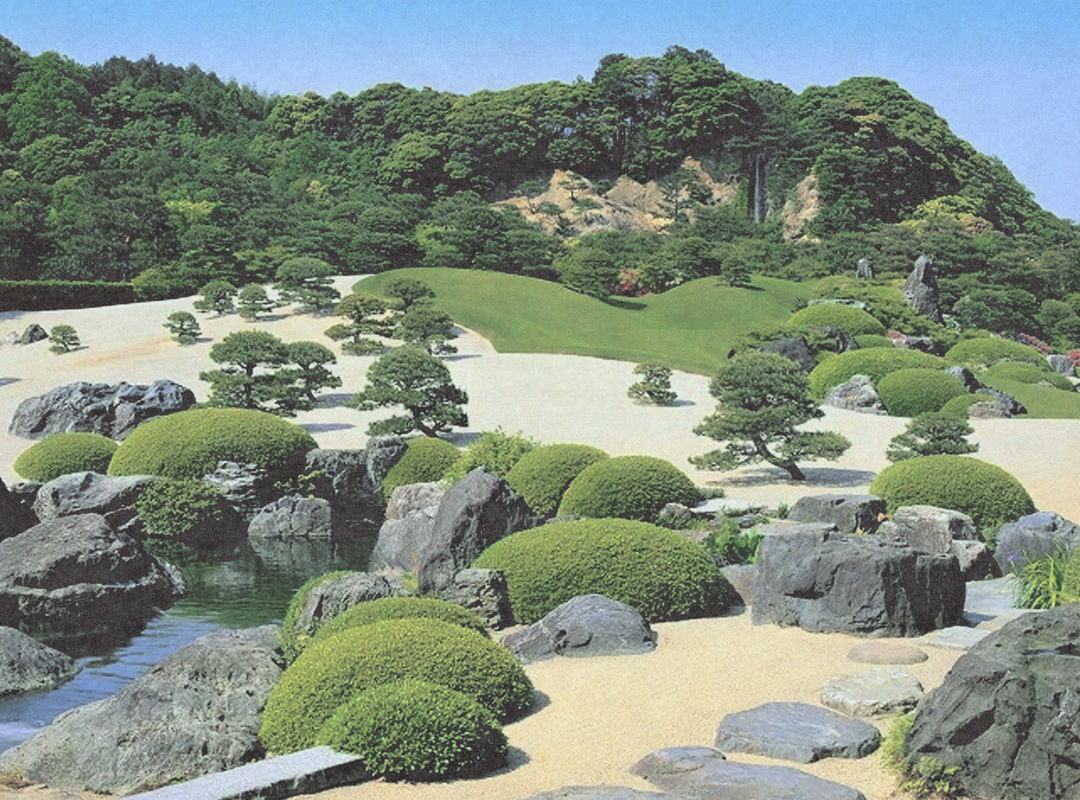GARDENS
Why is it so important to have a space for nature? Well, when you think about it, the answer seems pretty obvious. We're often so disconnected from the natural world that we forget how much we need it. But we have always felt drawn to the beauty of nature and have proved that people are also in desperate need of more of it.
Some might argue that a garden is a middle-class idealism or a luxury and that it's not practical. But the truth is, without the expression of some form of beauty, how can we define what makes life worth living? Our garden at Somerset is a perfect example of this. Sure, on paper, it might seem like a space just for plants. But in reality, it's so much more than that.
-
There are many types of gardens, each with their own unique characteristics and purposes. Monet's garden in Giverny, France, for example, is a famous example of an impressionist garden. Monet designed his garden to be an extension of his artistic vision, using a wide range of flowers and plants to create a picturesque landscape that he could paint en plein air.
In contrast, the Palace of Versailles in France is an example of a formal garden, which is characterized by geometric shapes and symmetrical designs. The gardens at Versailles were designed to impress visitors with their grandeur and to reflect the power and wealth of the monarch who lived there. The gardens at Versailles include numerous fountains, sculptures, and parterres, or beds of flowers arranged in intricate patterns.
Japanese gardens are another example of a distinct type of garden. These gardens are known for their minimalism, use of rocks and water features, and attention to detail. They are designed to be contemplative spaces that promote a sense of calm and tranquility. In Japanese culture, gardens are seen as a way to connect with nature and to find inner peace.
Each type of garden reflects the culture and values of the people who designed it, and they all offer different benefits to those who visit or tend to them. Regardless of the type, gardens can provide a space for relaxation, reflection, and connection with the natural world, which can be a much-needed respite from the stresses of modern life.




